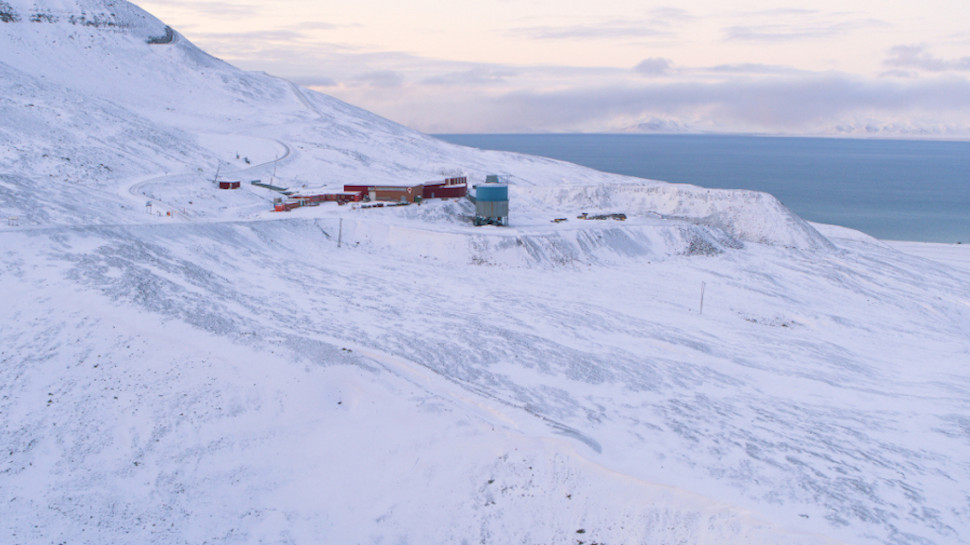GitHub open source data repository preserved in Arctic Code Vault
GitHub wants to ‘preserve open source software for future generations’

Sign up for breaking news, reviews, opinion, top tech deals, and more.
You are now subscribed
Your newsletter sign-up was successful
On July 8, 21TB of open source data was successfully deposited in GitHub’s Arctic Code Vault, housed within the Arctic World Archive in a remote part of Norway.
Secured for future generations, the data pool captures a snapshot of active public repositories on GitHub, a platform used by 50 million developers to collaborate on open source projects.
As part of the GitHub Archive Program, the data was written to 186 reels of digital photosensitive archival film (courtesy of GitHub partner Piql), built to last for centuries.
- Here's our list of the best external hard drives on the market
- We've built a list of the best portable SSDs available
- Check out our list of the best USB flash drives out there
Each reel contains a guide, translated into five different languages, describing the necessary technical information and cultural context of the data.
GitHub Arctic Code Vault
The Arctic World Archive is situated in the Svalbard Archipelago, Noway - home to the northernmost town in the world. The facility is a stone’s throw away from the Global Seed Vault, where almost one million seed varieties are stored, for use in an apocalypse scenario.
Described as a “digital embassy”, the archive is housed in the side of permafrost arctic mountains and is built to withstand both natural and man-made disasters, guaranteeing the long-term preservation of the valuable digital artifacts stored within.
These assets include digitized versions of famous painting The Scream by Edvard Munch, epic poem The Divine Comedy and various other works of cultural significance.
Sign up to the TechRadar Pro newsletter to get all the top news, opinion, features and guidance your business needs to succeed!
The frosty conditions mean the data stored will not degrade as quickly as in other climates, but Svalbard’s islands have also been declared a demilitarized zone by 42 nations, which means the files are also protected in the event of war.
The 21TB addition marks the second time GitHub has contributed a repository to its Arctic Code Vault, with the first having taken place in November when the project was announced.
“Our mission is to preserve open source software for future generations by storing your code in an archive built to last a thousand years,” reads the GitHub blog post.
The Arctic Code Vault is only a small part of the wider GitHub Archive Program, however, which sees the company partner with the Long Now Foundation, Internet Archive, Software Heritage Foundation, Microsoft Research and others.
The group’s pledge is to protect the world’s open source software by storing and refreshing multiple copies, in various formats and across multiple locations.
“There is a long history of lost technology from which the world would have benefited, as well as abandoned technologies which found unexpected new uses, from Roman concrete, or the anti-malarial DFDT, to the hunt for mothballed Saturn V blueprints,” reads the project website.
“It is easy to envision a future in which today’s software is seen as a quaint and long-forgotten irrelevancy, until an unexpected need for it arises.”
- Check out our list of the best rugged hard drives around

Joel Khalili is the News and Features Editor at TechRadar Pro, covering cybersecurity, data privacy, cloud, AI, blockchain, internet infrastructure, 5G, data storage and computing. He's responsible for curating our news content, as well as commissioning and producing features on the technologies that are transforming the way the world does business.